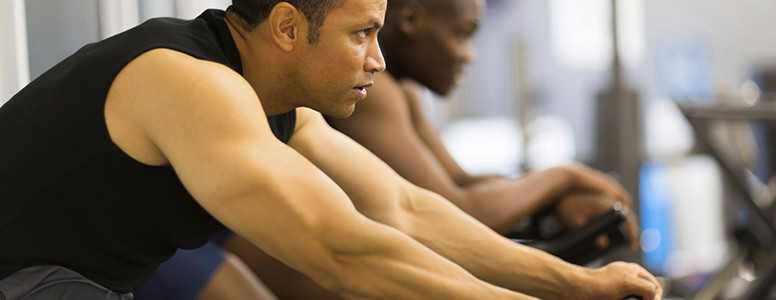Including aerobic exercise as part of the treatment for people with type 1 diabetes on insulin pump therapy is ‘highly advantageous’, according to a new study.
Over a three-month period, type 1 diabetes patients on insulin pumps were studied to see what the effects of aerobic exercise were on their condition versus no exercise.
The study gathered data on metabolic activity, and inflammatory and autoimmune parameters.
The results of the clinical study, carried out by American and Italian researchers, focused on middle-aged patients treated with insulin pump therapy.
They showed a variety of health benefits for those who took part in aerobic exercise, including improved metabolic control, reduced insulin requirements and less hyperglycemic events.
Study co-author Dr. Livio Luzi, said: “We found that being physically active can improve glycemic control for patients with type 1 diabetes.
“Our results suggest that an educational program addressed to type 1 diabetes patients, and focusing on insulin injecting monitoring, diet, and exercise is highly advantageous.”
According to the researchers, the six patients in the exercise arm of the study seemed to have more responsible behaviour in monitoring their blood glucose levels, compared to the seven study patients that did not exercise and were sedentary.
They concluded that further studies with larger groups of participants should be carried out, but that their results on a small number of patients should be considered “primary predictors of exercise-induced metabolic improvements in type 1 diabetes patients”.
Rodolfo Alejandro of the University of Miami School of Medicine in Miami, Florida said: “The current study provides physiological data that demonstrate exercise is an important factor in improving and managing type 1 diabetes.
“With the increasing rate of diabetes, including an exercise program as part of treatment is highly recommended and, when coupled with insulin therapy, may yield better results for patients.
“Future studies should explore mechanisms of action related to exercise-mediated immunomodulation with a larger sample of the population.”
The findings will be published in a future issue of Cell Transplantation.
What's new on the forum? ⭐️
Get our free newsletters
Stay up to date with the latest news, research and breakthroughs.






